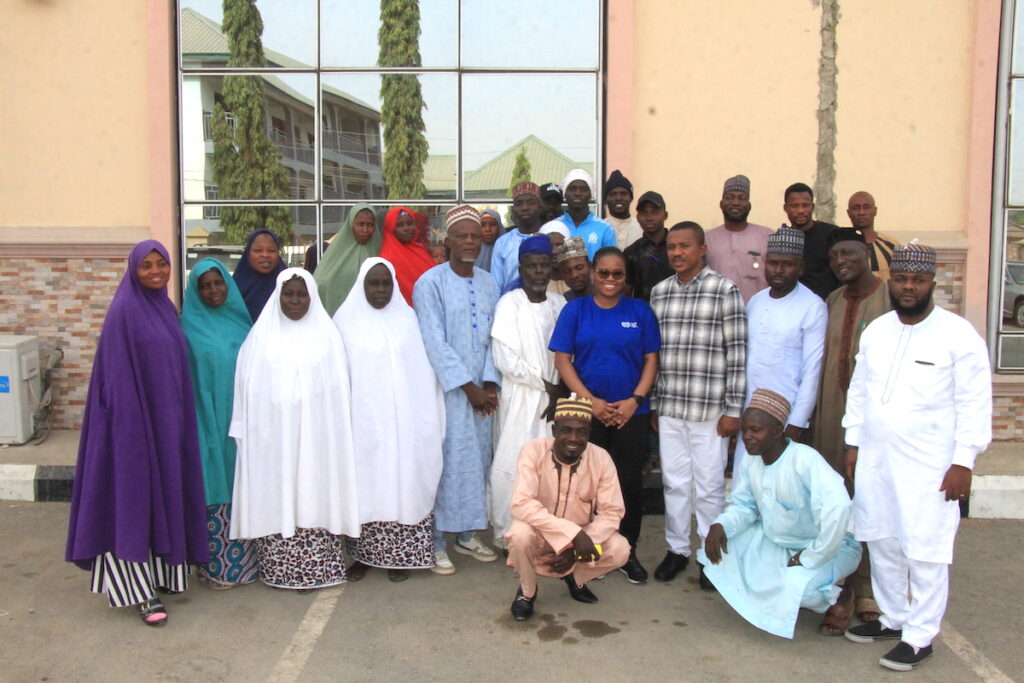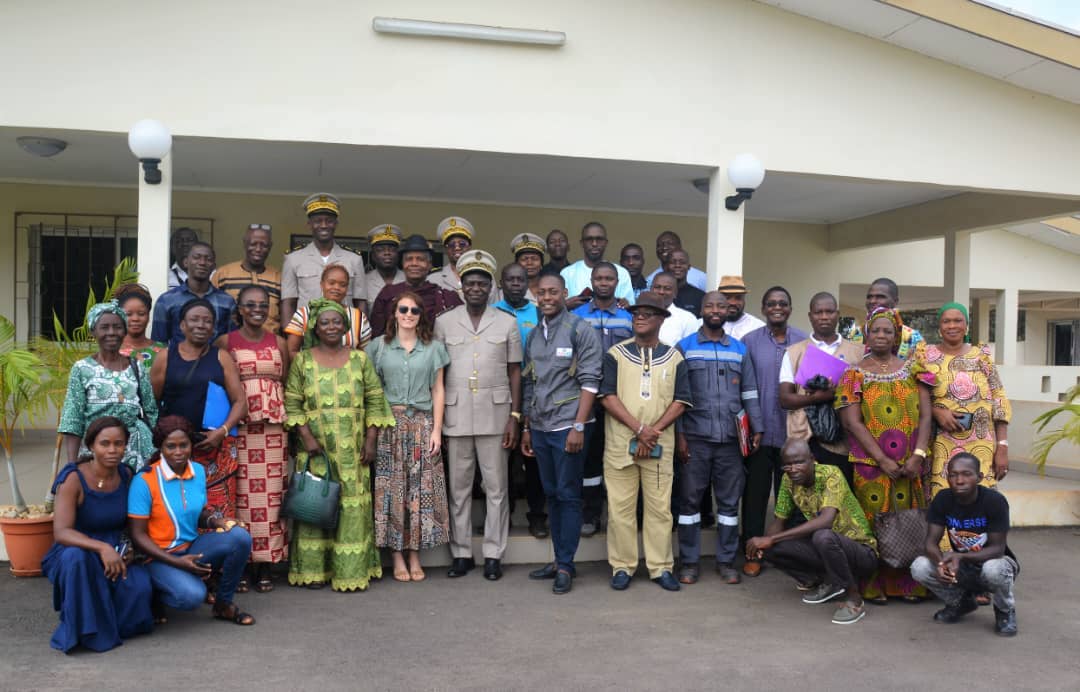ASM gold mining contributes to the livelihoods of millions of people in West Africa, yet it is estimated that thousands of children in the region — most under the age of 15 — are also working in the sector. In Mali, for instance, a 2015 study indicates that 20% of artisanal gold miners in the country are children.
The majority of children found in these mines are engaged in hazardous work. This includes the use of heavy hand tools to excavate pits and remove dugout materials for underground extraction, unprotected operation of crushing and milling machines, and panning gold-bearing material in streams using hazardous chemicals.
“Most interventions for addressing child labor utilize a landscape approach. However, our experience has shown that a combination of landscape and supply chain approaches is the most effective approach for reducing children’s involvement in mining activities,” said Rosemary Addico, Programme Manager for Responsible Gold at Solidaridad. “The complex nature of child labor requires involvement of all key stakeholders such as government, communities, private sector, and civil society.”
The complex nature of child labor requires involvement of all key stakeholders such as government, communities, private sector, and civil society.
Rosemary Addico, Programme Manager for Responsible Gold at Solidaridad
Promoting the responsible production and sourcing of minerals is key to creating a sustainable gold mining supply chain that respects human rights and the environment. The International Labor Organization (ILO) has partnered with Solidaridad West Africa to train national and local-level stakeholders in Côte d’Ivoire, Mali and Nigeria on the implementation of the Code of Risk Mitigation for Artisanal and Small-Scale Miners Engaging in Formal Trade, otherwise known as the CRAFT Code.
Implementing a code for more responsible mining
The CRAFT Code outlines due diligence requirements for ASM miners and downstream actors in the supply chain by supporting them to assess critical social and environmental risks — such as child labor, illicit trade, and uncontrolled use of chemicals — and by demonstrating compliance with requirements for global markets. Applying the Code can contribute to the formalization of the ASM sector and sustainable social, environmental, and economic development through the implementation of due diligence practices that meet international regulations and national laws.
Under the ILO project “Accelerating Action for the Elimination of Child labor in Supply Chains in Africa (ACCEL Africa)”, training on the CRAFT Code has been provided to more than 200 participants from governmental institutions, workers’ and employers’ organizations, mining communities, cooperatives and companies, as well as civil society organizations. The training helped participants to better understand the risks related to the ASM sector and commit to investing in better coordination of interventions.

This work has formed the basis for closer collaboration with public and private sector stakeholders as they move toward the critical goal of formalization and implementation of due diligence processes in the gold mining supply chain.
Silvia Possenti, Supply Chain & Enterprises Officer, ILO Regional Officer for Africa
A “Training of Trainers” approach was taken during the workshops to develop the capacity of attendees to introduce the CRAFT Code and promote sustainable ASM practices in their countries and regions.
Musa Kuchiko, a youth leader in the Shiroro mining community in Nigeria, credited the CRAFT Code training for helping him understand ways to promote children’s enrollment in school, rather than using them as a labor force in mine sites.
“I plan to organize a community gathering to educate community members on the CRAFT Code to ensure that miners in the community conform to the requirements and global best practices,” says Kuchiko.
The ILO ACCEL Africa project, implemented since November 2018, is a regional project funded by the Ministry of Foreign Affairs of the Netherlands. Its overarching goal is to accelerate the elimination of child labor in Africa through targeted actions in select supply chains in Côte d’Ivoire (cocoa and gold mining), Egypt (cotton), Malawi (coffee and tea), Mali (cotton and gold mining), Nigeria (cocoa and gold mining) and Uganda (coffee and tea), including strengthening capacity for improved child labor compliance and due diligence mechanisms in close consultation with ILO constituents and key stakeholders.

